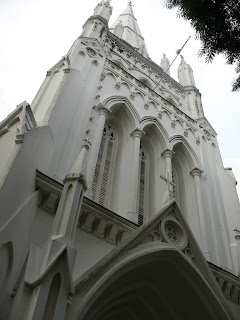J.K. Rowling subtly critiques, yet ultimately hews to, a fantasy script dependent on stereotypes culled from real-life racism. Dana Goldstein | July 24, 2007

The position of women in the narrative fits this vision of prescribed social roles and hierarchies. Harry's heroes -- his school headmaster, godfather, and various magical sporting figures -- are all men. His dead mother, the Muggle-born Lily, is portrayed as the source of love and sacrifice in his life, while his late father, James, was daring, brash, and heroic. The books do strike some blows against gender stereotypes, portraying brave female warriors, a number of uncommonly cruel and violent female characters, and, of course, Harry's best friend Hermione, a heroine because of her ability to turn academic acumen into practical magical solutions. But on the whole, Rowling's wizarding society conforms to boringly conventional gender roles. Dads, like the loveable Mr. Weasley (father of red-headed sidekick Ron), go off to work while steadfast moms stay home cooking, cleaning, and rearing large families. Magical education doesn't begin until the age of 11, so witches are also tasked with full-time parenting and educational responsibilities over young children, Rowling clarified for a curious reader at her website.
More on
Prospect...
Image credit














